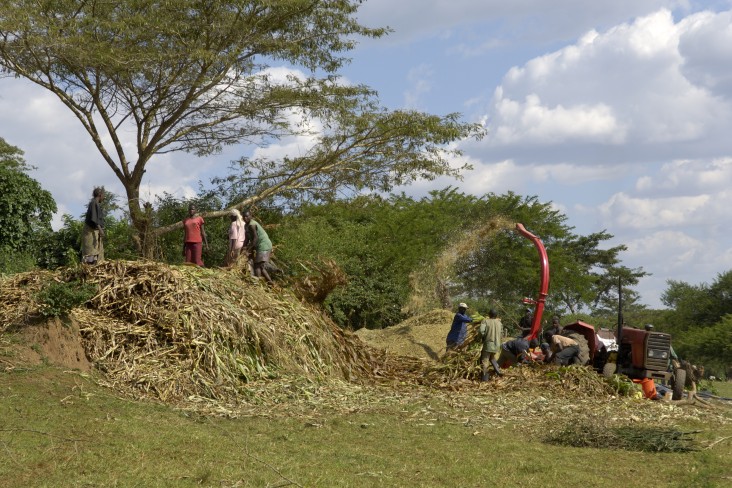
Cooperatives (co-ops) are member-owned, democratically-governed enterprises. They not only allow members to direct and control their own development, while increasing their incomes, but they provide a means for individuals in developing countries to improve their lives in ways that might be impossible on their own. Through cooperative structures, lower-income individuals can access farming inputs; key services such as financing, healthcare and electrification; and they are able to play a role in democratic decision-making. By uniting community members to achieve their shared goals, cooperatives also play a strong role in helping to build trust among disparate groups and in fostering conflict mitigation.
For example, more than 3,000 cooperatives serve African producers and consumers, while there are more than 20 million rural Filipinos and Bangladeshis who are served by rural electric cooperatives. Meanwhile, credit unions meet the thrift and credit requirements of millions in the developing world.
USAID supports overseas cooperative development in partnership with US cooperative development organizations (CDOs). The CDP is a five-year competitive grant program that responds to the needs of local, host country cooperatives and other member-owned businesses by utilizing the expertise and resources of long-established U.S. cooperative organizations, their members, and volunteers.
The program focuses on developing, implementing and extending workable solutions to key cooperative development challenges, including:
- Restrictive cooperative laws and regulations
- Policy-based governance
- Raising member financial participation as a major element in self-reliance
- Achieving scale consistent with quality
- Reducing the dependency that can result from external assistance
- Building mutually-beneficial business and trade relationships between U.S. and partner cooperatives
- Expanding access to cooperatives throughout USAID partner countries.
The program's public outreach also helps raise U.S. cooperative and member awareness of international development efforts.
Current programs include 10 partner CDOs and focus on savings and credit, health, housing, agribusiness, technology transfer, democratic institutions, rural telecommunications and electrification and private enterprise development. The current program began in mid-2010 and will end in 2015.







Comment
Make a general inquiry or suggest an improvement.